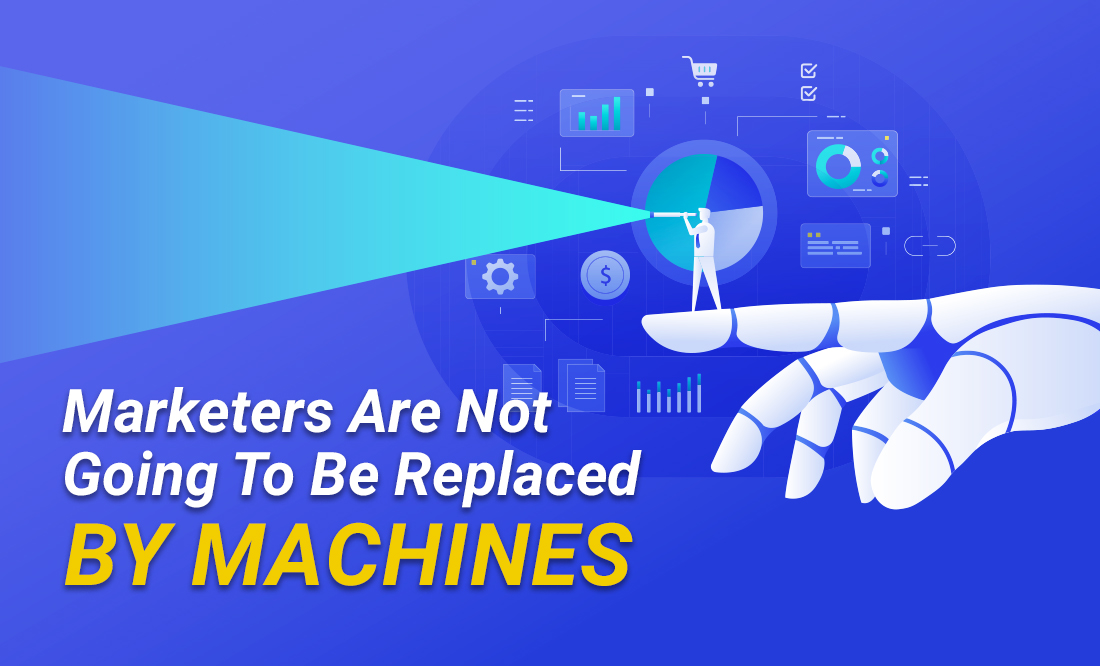We all know the Japanese economy has been stagnant for the past 30 years. The combination of the bursting bubble economy of the 80s, an ageing population, and stagnant wage growth. There is, however, one more factor that is mostly overlooked. How is it that a declining, ageing workforce also has stagnant wage growth? For anyone who has been to Japan, you will be struck by the level of automation. Vending machines are everywhere, sushi trains are automated, and ticket machines are automated. Good right? Robots do all the work and replace the mundane work so humans can do the more interesting work. Yes, brilliant…. Except robots don’t consume. Every time you replace a waitress with a machine, you lose the economic value of that person’s consumption — food, entertainment, travel, clothing, and housing. All gone, machines don’t need any of these things. This is exactly what has happened in Japan: a million people need 700,000 houses and 3 million meals per day, and a million robots need some electricity and service once a year.
Robots in Japan have not created unemployment — Japan is and has always been a practical full employment. I’m pretty confident that nobody in marketing is going to lose their job with AI. I do think that our jobs will change, however, humans will shift their focus from operations to orchestration. We will transition from doing the work to coordinating and optimising the work. Doing the thinking and the work that is not easily done by a machine. Productivity will go up and here is where I hope the similarity with Japan will end.

by Regan Yan, the CEO of Digital Alchemy.
Regan is a subject-matter expert in analytical database marketing and customer relationship marketing, as well as an in-demand presenter and keynote speaker at national and international events. He also authors thought leadership pieces on data-driven marketing that can be found on the DA Blog.



